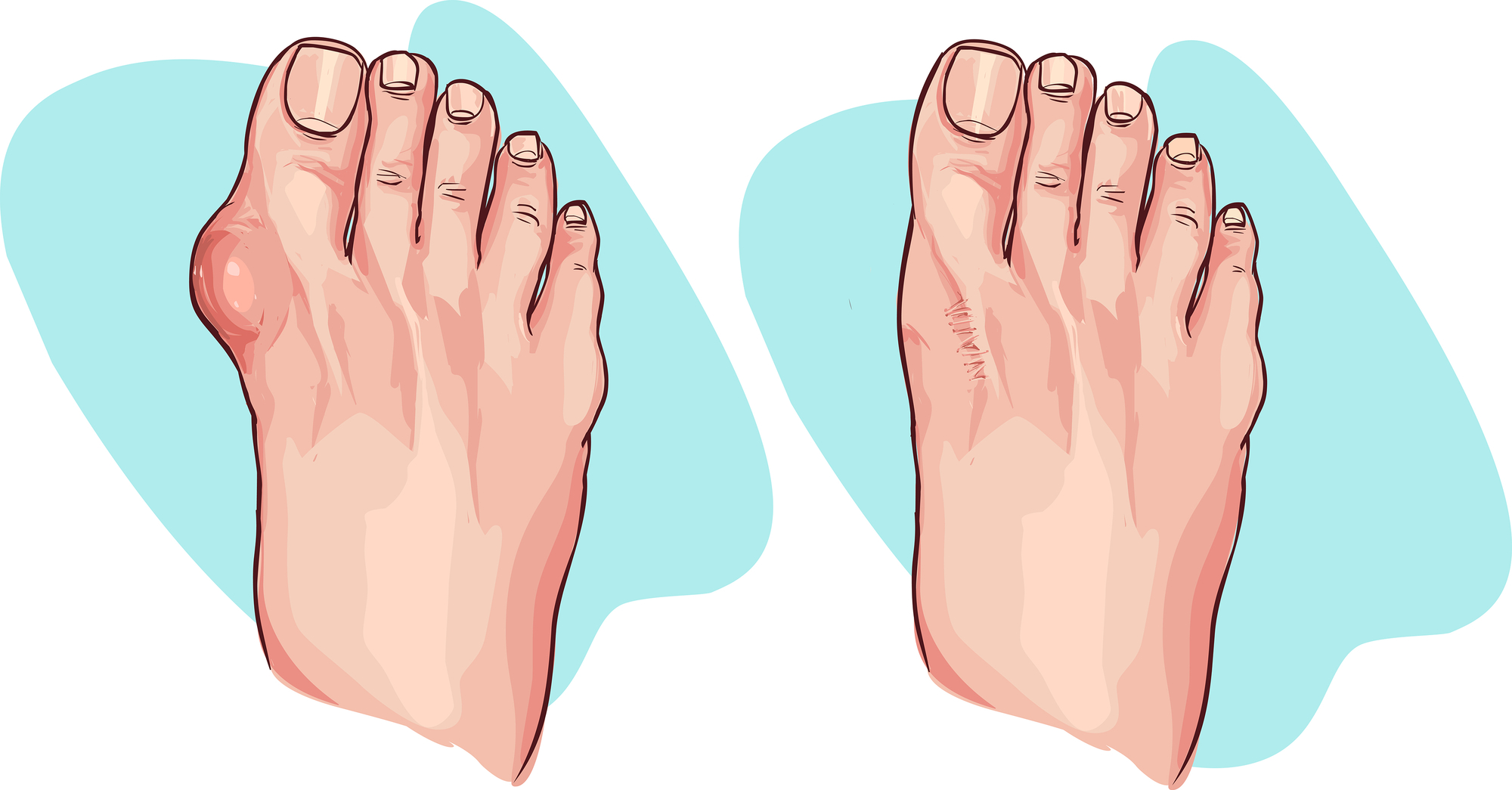Symptoms Caused By Pinched Nerves
October 29, 2020
Bunions – What Are They?
December 6, 2020Depression and Anxiety in Older Adults
The senior years. Thoughts of reflecting on life, spending time with your children and grandkids, and enjoying your time with friends and family. Many think that it’s often easy for older adults, but depression and anxiety can play a role in a seniors life, as well.
Unfortunately, it can be difficult to properly diagnose mental health issues in older adults because sadness may not be the primary symptom. Additionally, seniors may not want to talk about their feels and can isolate themselves as they struggle.
Depression in Seniors
For many seniors, depression symptoms show as difficulty with sleep, tiredness, mood changes and irritability. These symptoms can often resemble other types of disorders such as dementia or alzheimers disease.
Symptoms of Depression
Symptoms of depressive disorders can vary in indivduals, however, common signs to look for include:
- Eating changes
- Sleeping difficulty
- Problems with focus
- Irritability
- Lack of life enjoyment
- Anxiety
- Uncontrollable emotions
- Looking at death
These are some of the common signs of those with possible depressive disorders, but certainly, evaluation by a qualified healthcare professional is necessary.
Older adults also often have different circumstances that they are dealing with as compared to younger adults. Our seniors can be dealing with a loss of a spouse, isolation, loss of their independence or they may be dealing with a major health issue.
What to do Next
Families are often the best to notice changes appearing in their loved ones. If you feel that the senior in your life may be struggling with depression, it may be best to talk to them and work with their healthcare professionals.
Depression is not a necessary part of getting older. However, if it does happen, their are ways to diagnose and properly treat the condition which benefits all moving forward.


